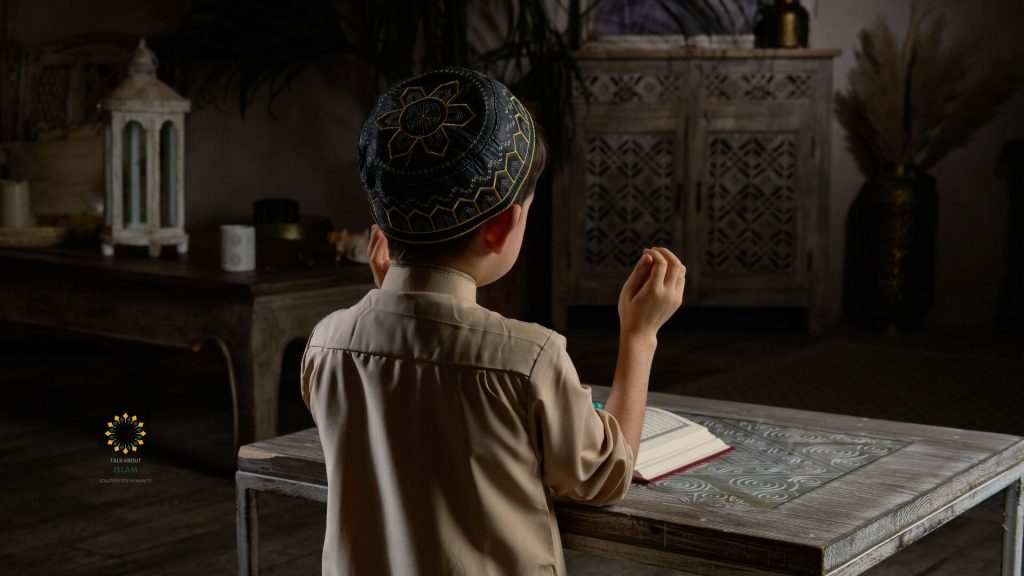Illness, heartbreak, failure, the sudden loss of a loved one, each of these moments often leads us to the same question: Why? Why me? Why now? And more specifically, for believers: Why would Allah test me like this?
Islam does not shy away from this question. Instead, it embraces it with grace and wisdom. The Quran, the Prophet Muhammad’s (peace be upon him) life, and the rich Islamic tradition offer answers that are both compassionate and deeply empowering. Tests are not a sign of rejection but are often signs of divine love.
Tests Are Not Punishments
It is a common misunderstanding that when hardship strikes, it must mean that Allah is displeased. However, Islam tells us something very different. The Quran states:
“Do people think they will be left alone because they say: ‘We believe,’ and will not be tested?” (Quran 29:2)
Trials are part of being human. They are not exclusive to sinners or the weak. In fact, those most beloved to Allah, the Prophets, faced the hardest of trials. The Prophet Muhammad (PBUH) lost his parents, his wife, his children, and faced ridicule, exile, and war. Yet none of this diminished his status. On the contrary, it elevated him.
The Purpose Behind the Pain
In Islam, every test has a purpose. It is not random or cruel. Allah, who is All-Wise and All-Knowing, places trials in our path not to break us, but to build us.
Tests cleanse the heart of arrogance, remind us of our dependence on Allah, and steer us back when we have drifted. They purify the soul like fire purifies gold. They teach patience, compassion, and humility.
Sometimes, trials are a form of mercy, shielding us from worse harm, redirecting us to a better path, or elevating our status in the hereafter in ways we could never imagine.
“Perhaps you dislike something while it is good for you…” (Quran 2:216)
Not All Tests Look the Same
When we think of tests, we often imagine pain or loss, but ease can be a test too. Wealth, power, popularity are trials just as much as hardship is. Allah tests us through both to see how we react: with gratitude or arrogance, with patience or despair.
The Quran says:
“Every soul will taste death. And We test you with evil and with good as trial; and to Us you will be returned.” (Quran 21:35)
In other words, the life of this world is designed to test us from both directions.
The Prophet’s Life: A Living Example
The Prophet Muhammad (PBUH) faced more trials than we can imagine. He lost nearly all his children during his lifetime. He was driven out of his homeland. He was mocked, threatened, and attacked. However, through it all, he remained patient, hopeful, and anchored in trust in Allah.
His example teaches us that experiencing hardship does not mean we are distant from Allah. It may mean the opposite. Trials offer a chance to demonstrate sincerity, develop inner strength, and come closer to our Creator.
Sabr and Tawakkul: Patience and Trust
In the face of trials, two words carry tremendous power in Islam: Sabr (patience) and Tawakkul (trust in Allah).
Patience in Islam isn’t passive. It’s active endurance. It’s the ability to remain upright, faithful, and calm when everything feels like it’s falling apart. It is resisting despair while knowing that Allah sees our struggle.
Trust in Allah doesn’t mean we don’t feel pain, but it means we trust that there’s meaning in that pain. That Allah is working in the unseen. That our tears are not wasted.
“Indeed, Allah is with those who are patient.” (Quran 2:153)
No Soul Is Burdened Beyond Its Capacity
When trials feel unbearable, the Quran offers this comfort:
“Allah does not burden a soul beyond that it can bear.” (Quran 2:286)
This verse reminds us that if a test has reached you, it is because you are capable, stronger than you think, even when you feel weak. Allah knows what you carry, even when no one else does.
This assurance is not meant to minimize suffering, but to uplift the heart that feels alone or broken. It is Allah’s way of saying: “I believe in you, even when you don’t.”
When You’re Being Tested, What Should You Do?
Speak to Allah and not just in formal prayer, but in personal, raw, honest dua. Cry if you must. Complain only to Him. Turn to the Quran for comfort. Reflect on your life and what the trial might be trying to teach you. And most importantly, don’t lose hope. Even if the reason behind a test is unclear now, clarity often comes later.
Support others where you can. Sometimes, helping someone through their test becomes a healing for yours. Trials connect us in our shared humanity.
Conclusion: Tests Are Love in Disguise
In Islam, a test is not a curse but an opportunity. An opportunity to grow, to reflect, to return to Allah, and to be elevated in the sight of our Creator.
Allah doesn’t test us to watch us fall. He tests us so we rise, closer to Him, stronger in our faith, and more aware of what truly matters.
So, if you’re in pain right now, know that it’s not without purpose. Allah is near, listening, and preparing something greater for you. Hold on. Healing will come. Ease will follow.
“Indeed, with hardship comes ease.” (Quran 94:6)
That’s not just a promise. It’s a divine truth!



